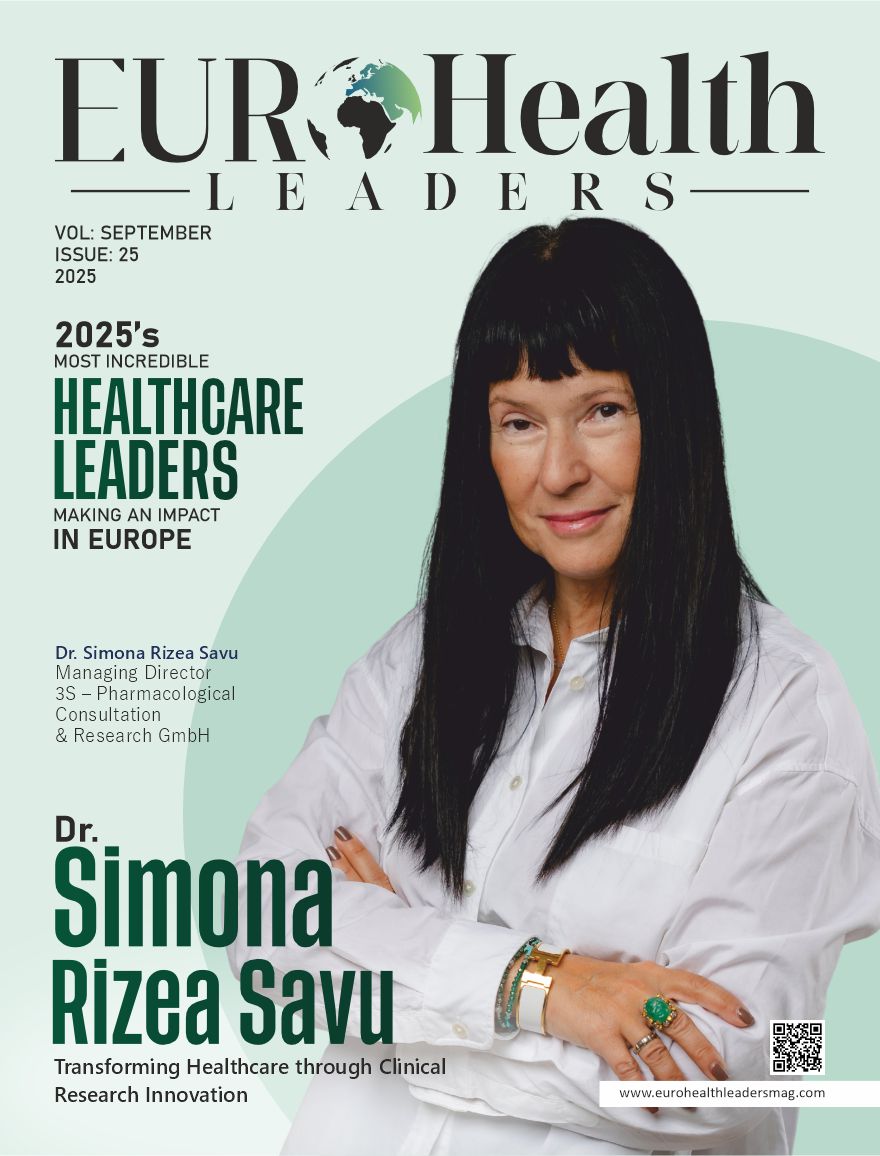In 2025, the health care leadership is the cornerstone to the success in reforming the health care industry. With the constantly shifting forces of the policy of health care, expectations of patients, and technology having burdened the health care leadership with a giant responsibility to ensure that keeping the patients first, innovation, and operational excellence at all times have to be embedded at the core of all the health care initiatives. Healthcare leadership is not anymore simply physician staff management or administrative task delegation; it is now a responsive function that has to integrate strategic thinking, emotional intelligence, and responsiveness to the continuously changing healthcare landscape.
The Shifting Role of Healthcare Leadership in 2025
The traditional model of healthcare leadership, wherein the top executives ruled over larger hospitals and health organizations, has finally arrived at a revolutionary transformation. The new model of healthcare leadership is all about adopting a more patient- and team-centric approach. Today’s leaders now need to incorporate the newest technologies such as AI and telemedicine into routine operations so that the innovations facilitate better patient care without compromising quality.
As more health tools are coming together through technology, health executives have the dual challenge of introducing new technology in a quick manner while providing proper training and support for the health professionals. Health care leadership is also a reactive function that adjusts to maintain confidentiality of information as the health care sector rolls out electronic health records and data exchange between systems.
In 2025, healthcare leadership is characterized by responsiveness to areas other than traditional medical administration. Currently, healthcare leaders have to contend with the issue of global health crises, react to shifting regulatory environments, and deal with constantly rising complexity of healthcare delivery without forgetting the patient’s interest.
Challenges Facing Healthcare Leadership in 2025
Despite the increasing technology and infrastructure, there are problems with healthcare leadership. Filling the gap in the deficit of health workers is one of the biggest problems in 2025. The increasing demand for trained employees where in most of the medical specialties there are no such employees puts a huge pressure on the healthcare leaders in recruitment, retention, and empowerment of the employees.
Healthcare leadership also must contend with rising costs of healthcare provision. Healthcare leaders must walk a fine line between staying within budgets, the best use of available resources, and cutting without compromising the quality of care offered to patients. Heterogeneity of health plans and developing new payment forms add another dimension to complication for complexity healthcare leaders who must contend with staying ahead of the curve in terms of providing financial sustainability.
Of equal concern is how to reduce disparities in access and outcomes. Healthcare leadership in 2025 is an ongoing commitment that healthcare is accessible and equitable to all individuals, regardless of socioeconomic status, geographic location, or other obstacles to obtaining care.
The Role of Technology in Shaping Healthcare Leadership in 2025
Among the strongest drivers of healthcare leadership in 2025 may be growing technology influence.
Today’s healthcare leaders are presented with a set of sophisticated digital tools, from surgical robotic devices to telemedicine platforms, and have the responsibility of ensuring they are being used for patient care. Artificial intelligence is increasingly finding itself in the spotlight for automating administrative workflows, forecasting future patient outcomes, and supporting clinical decision-making and provides a welcome relief for health leadership to streamline efficiency and reduce human error. Aside from that, technology is also making it easy how patient communication can be expanded by healthcare leaders in a manner that patients will be more accessible for care, and leaders also appreciate their demands more. New trend towards implementing a patient-driven digital platform centralizes how the healthcare leadership is required to remain dynamic based on innovation in the field of technology. Healthcare leaders should guide their workers through these innovations with proper training and preparation for workers.
Patient-Centered Healthcare Leadership in 2025
Healthcare leadership in 2025 is more and more characterized by a focus on patients. Leaders are not only accountable for the business of their organization but also for the experience of every single patient. This focus on patient-centered care necessitates that healthcare leaders make decisions based on the health and experience of the patient, rather than profitability or operational efficiency.
Practically speaking, this means that health care leadership must establish practices on empathy, communication, and emotional intelligence. Health care leaders are building cultures where employees are not only clinically competent but also empathetic care. The work of healthcare leadership today is building an organizational culture day by day more centered on the patient needs such that the patient feels valued, heard, and engaged in his/her own care plan.
The Future of Healthcare Leadership 2025 and Beyond
Future healthcare leadership will continue to be a dynamic, challenging role. Ahead through 2025, leaders will not only be responsible for managing resources and personnel but for transforming the delivery and patient experience of healthcare. Sustainability will be the buzzword, and healthcare leaders will be at the forefront of embracing green practices, waste reduction, and energy-efficient care in healthcare settings.
Also, leadership will be more inter-professional. The more and increasingly integrated the health system is, the more leaders will have to work with professionals from an increasingly broad range of disciplines, such as technology, public health, and even finance, to solve ever-more complicated problems that cut across the old boundaries.
Healthcare leadership will continue to be at the center of changing the healthcare system in 2025 and beyond.
Leaders will not only be required to transform their organizations, but to lead the way to a more efficient, patient-centered, and sustainable future. Leaders in the future will need to be visionaries, adaptable, and compassionate, equipped to address tomorrow’s issues with the vision and adaptability to keep pace with the ever-changing healthcare landscape. Conclusion on Healthcare Leadership in 2025
Leadership in healthcare in 2025 is not only about business day-to-day; it’s about building the future of the health system. The healthcare leaders today must be technologically literate, be leading patient-focused care, and prepared to handle emerging challenges in an ever-changing profession. With the health landscape continuing to shift even more quickly, effective healthcare leadership will be required to navigate the complexity of modern medicine and render healthcare services affordable, accessible, and sustainable to all.









